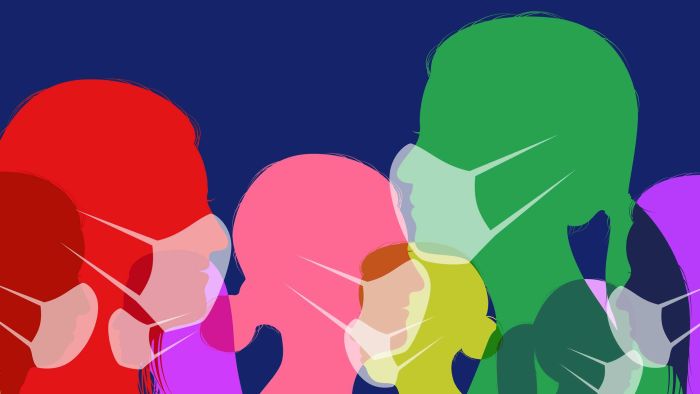Your immune system is like your own personal army: a vast network of cells, tissues and organs that coordinate your body’s defences against illness and disease.
Yet how the immune system responds to coronavirus — and whether it mounts any lasting defence — is one of the biggest unknowns and most urgent questions facing researchers and health authorities right now.
“Like most other viruses, we’re going to mount an immune response and in the short term that should mean that we’re protected [from reinfection],” said Larisa Labzin, an immunologist from the University of Queensland.
“What we don’t understand yet is exactly what that protection is, and how long it’s going to last.”
With less than four months of data — the outbreak only emerged in late 2019 — questions about immunity, especially in the long term, are difficult to answer.
Here’s what we know so far.
How your body mounts a response
When your body detects an foreign invader like SARS-CoV-2, the new coronavirus that causes COVID-19, your immune system quickly triggers a series of responses to try to identify and remove it.
The first line of defence is what’s known as the innate immune response, which is effectively “an amping up” of the immune system, said Dr Labzin.
“We tend to think of it as the non-specific response … able to respond to anything that’s invading and presenting a danger to the body,” Dr Labzin said.
Coronavirus questions answered
The innate immune response usually helps to slow down the infection before the adaptive immune response kicks in, which consists of antibodies made by B-cells and antiviral cell-killing T-cells.
Armed with more information about the infection — including the unique proteins found on the virus’s surface called antigens — the body produces T-cells that go in search of infected cells and kill them.
Meanwhile, B-cells produce special proteins called antibodies which latch onto antigens like a lock and key. The first type of antibody to appear is called i

